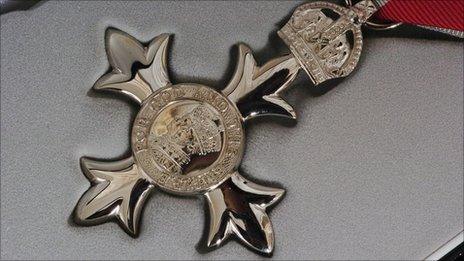Funeral for Princess Campbell, Bristol's first black ward sister
- Published
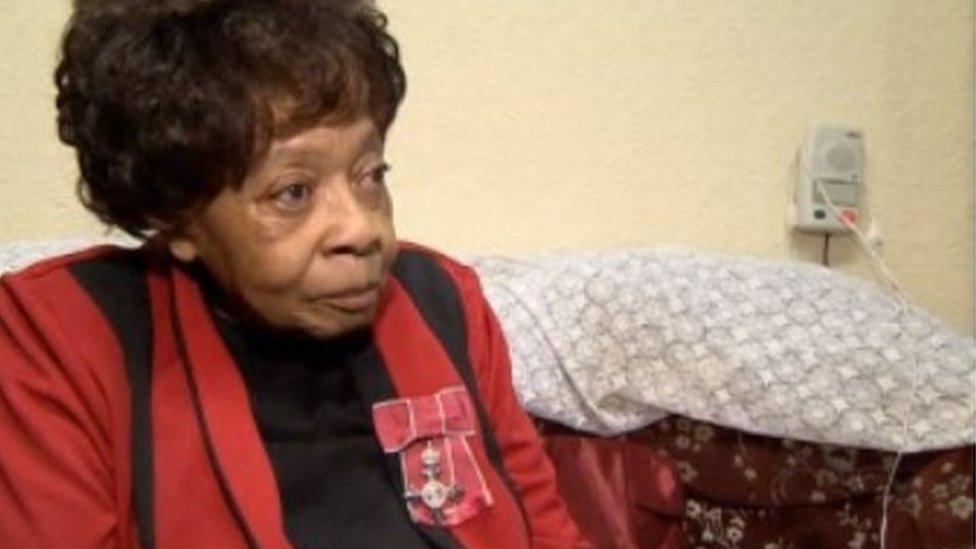
Princess Campbell was appointed MBE in 2011 for services to the community
Hundreds of people have lined the streets of Bristol to pay respects to a woman who helped lead the fight against racial discrimination in the city.
Princess Campbell, 76, who was born in Kingston, Jamaica, came to Bristol in 1962 where she faced prejudice over housing and jobs.
She trained as a nurse and become the city's first black ward sister, working at Glenside Hospital in Fishponds.
Mrs Campbell was appointed MBE in 2011 for services to the community.
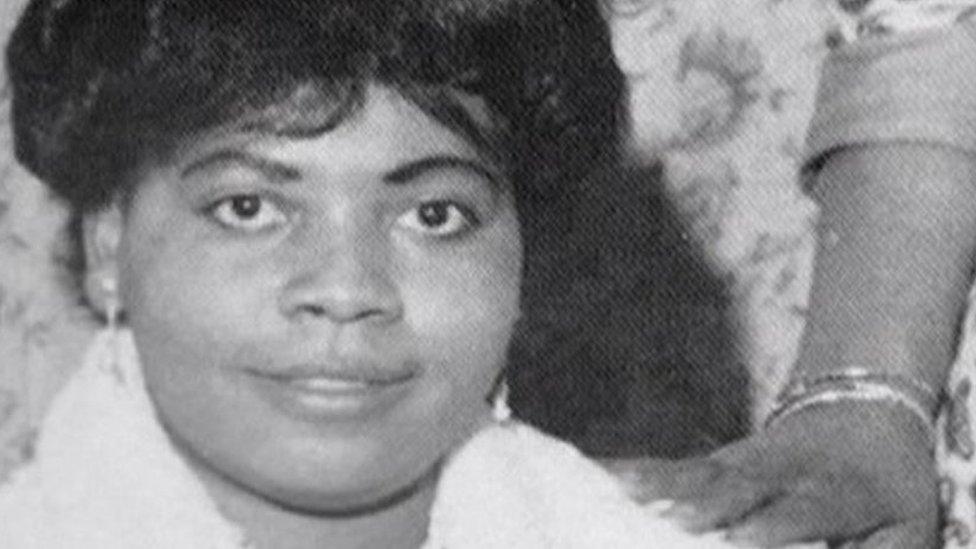
She was the first black person to work at the Wills Tobacco Factory
Evadney Hartley, who was Princess's friend, said: "We shared things coming from Jamaica. She was a very nice lady."
Princess, who died on 3 September, decided to come to England after hearing government radio appeals for public sector workers but on arrival in Bristol had difficulty finding somewhere to live.
She applied to Wills Tobacco Factory - a prestigious employer - and became the first black person to work there.
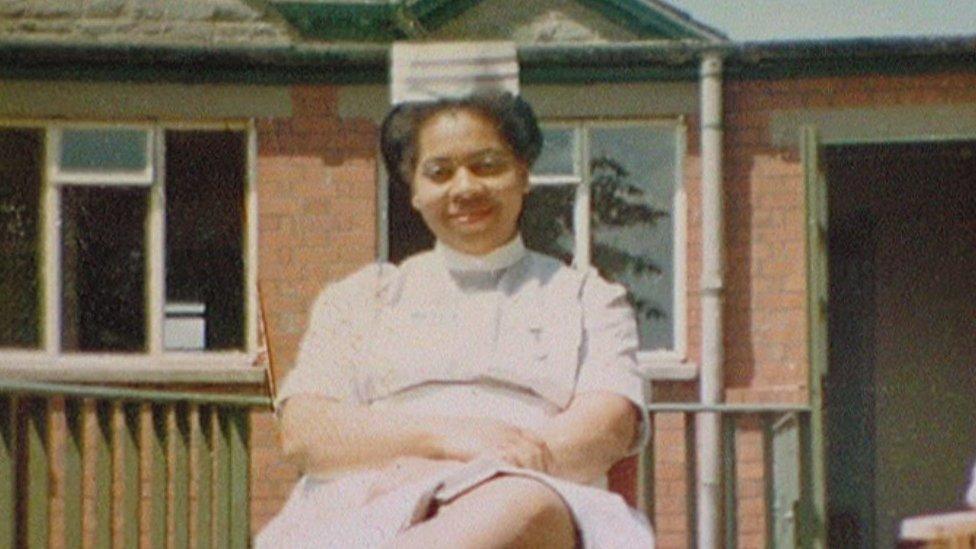
She became the first black ward sister in Bristol and innovated and excelled in the role
She left the factory after two years to train as a nurse but noticed work was not evenly shared.
"The English nurses would have the easiest jobs; we, the black nurses, would be in the sluice cleaning bedpans and vomit boards," she recalled.
"You couldn't complain because the ward sister made a report. You had to put up or shut up."
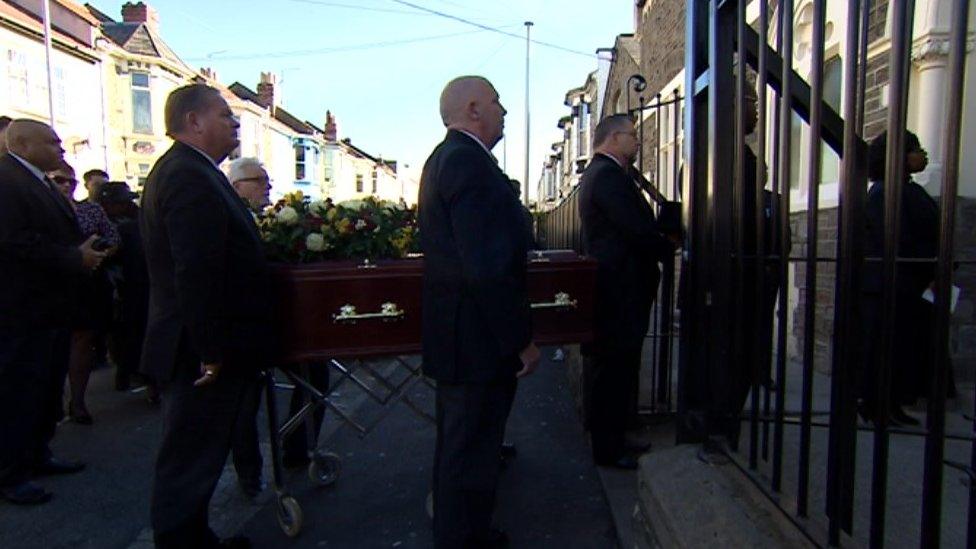
Mourners lined the streets of Easton where the funeral of Mrs Campbell took place
Despite gaining the training and experience, she was passed over for a promotion but the hospital realised it had made a mistake and apologised.
Two years later she became Bristol's first black ward sister.
In the 1980s Mrs Campbell played a key role in setting up United Housing Association in response to the difficulties black people experienced finding affordable accommodation.
The association also built nursing homes for older people and sheltered housing for multicultural groups of residents.
Her funeral was held at the Church of God Prophecy in Easton.
- Published11 September 2015
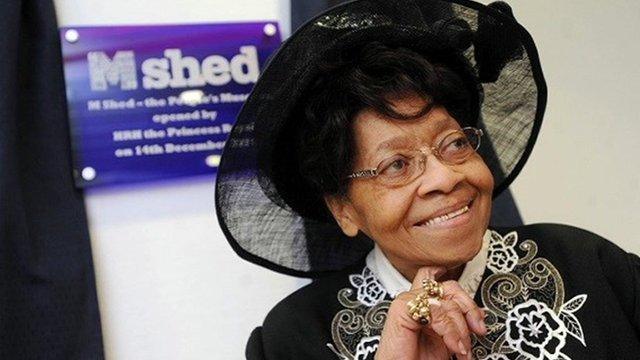
- Published11 June 2011
